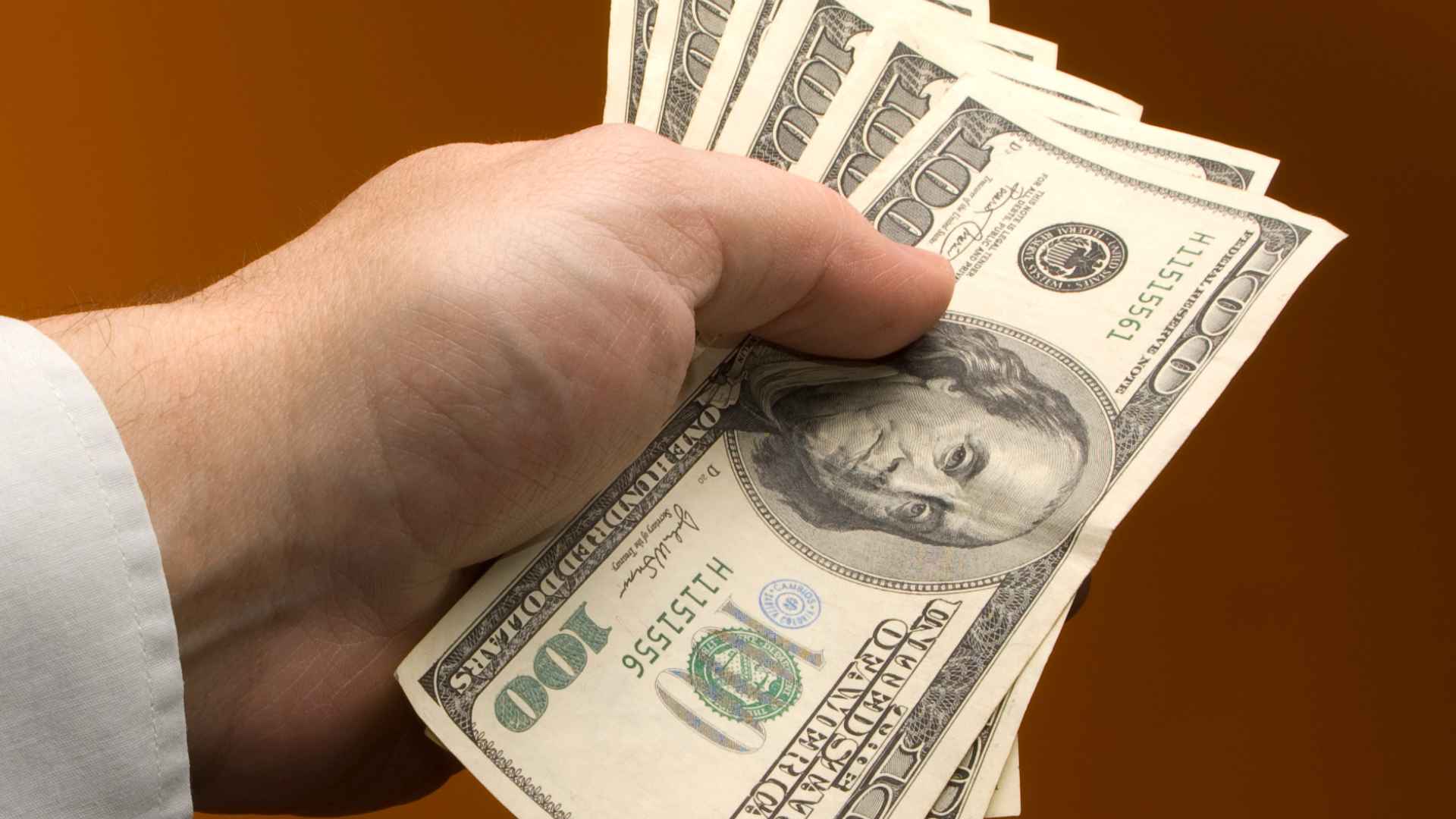A new proposal, the American Worker Rebate Act, would send at least $600 to every adult and dependent child — up to $2,400 for a family of four — pending approval in Congress.
Introduced by Sen. Josh Hawley of Missouri in late July 2025, the plan would deliver tariff rebate checks similar to pandemic-era payments. Amounts would phase out for married couples with incomes above $150,000 a year. What would you do with an extra $600?
What the American Worker Rebate Act would give and who benefits most? For now, the draft promises at least $600 per eligible adult and each dependent child. That means a typical household of four could receive $2,400 if the measure becomes law. Here’s a quick look at the headline numbers:
| Recipient | Proposed amount | Notes |
|---|---|---|
| Adult or dependent child | $600 (at least) | per person |
| Family of four | $2,400 total | example assumes four eligible individuals |
| Married filers | Phaseout above $150,000 | amounts decline as income rises |
Where the tariff rebate checks proposal stands in Congress right now? The legislation faces resistance, including skepticism among some Senate Republicans and concerns from economists about its effectiveness against tariff-related price pressures. In short, the odds of passage are slim right now.
Smart ways to use a $600 rebate check to strengthen finances
Start with high-interest balances. If you owe $1,000 on a credit card at a 22% rate and only make the $28.33 minimum, payoff would take about four years and 10 months and cost roughly $624 in interest. Put $600 toward that balance and you cut it to $400; the minimum falls to about $15, the timeline shortens to roughly three years and one month, and total interest drops to about $154 — nearly $470 saved.
Don’t carry high-interest debt? Park the money where it can earn interest. High-yield savings and money market accounts offer liquidity with rates around 4.00% APY.
Two straightforward options stand out:
- Attack high-interest credit card debt to lower interest and shorten payoff.
- Stash funds in a high-yield savings or money market account near 4.00% APY.
What would you do first — reduce debt or boost savings? Watch for any movement as lawmakers debate the American Worker Rebate Act. Because amounts could change and income limits matter, keep basic records handy (household size, filing status, adjusted gross income). Meanwhile, map out where a potential payment would go so you’re ready — or redirect any other windfall the same way.

